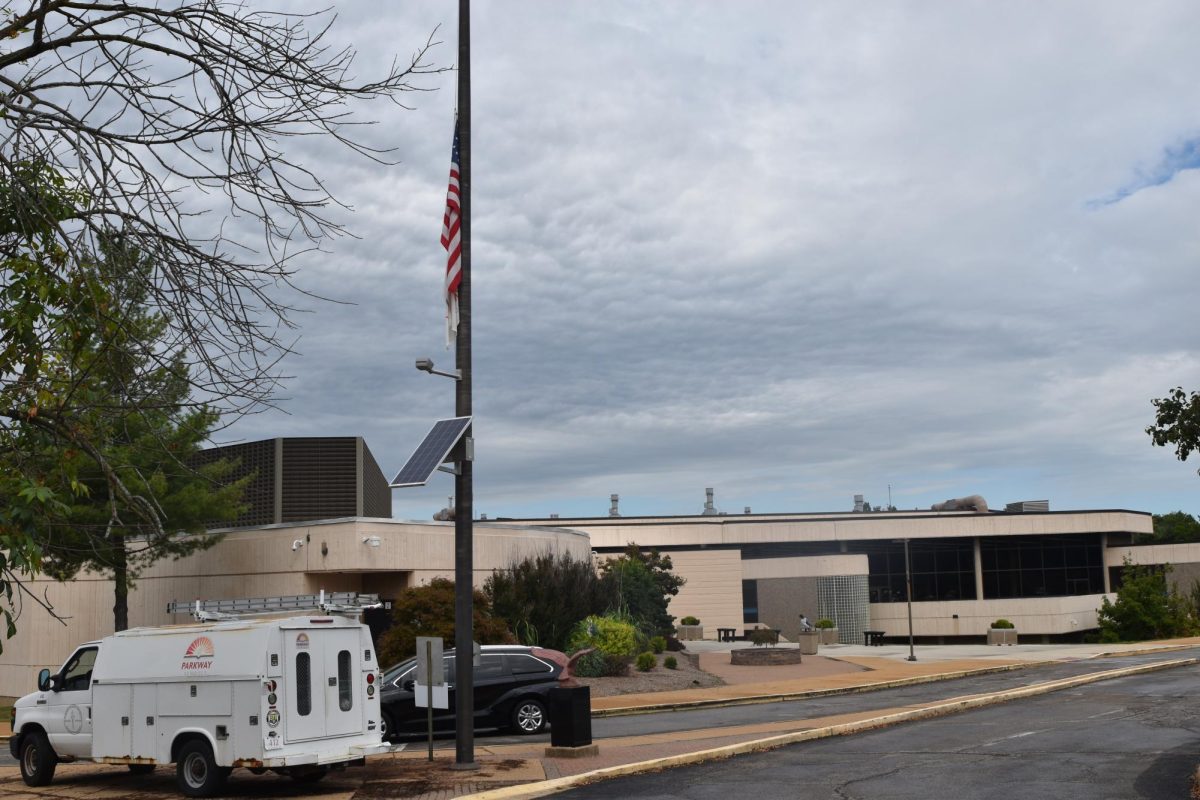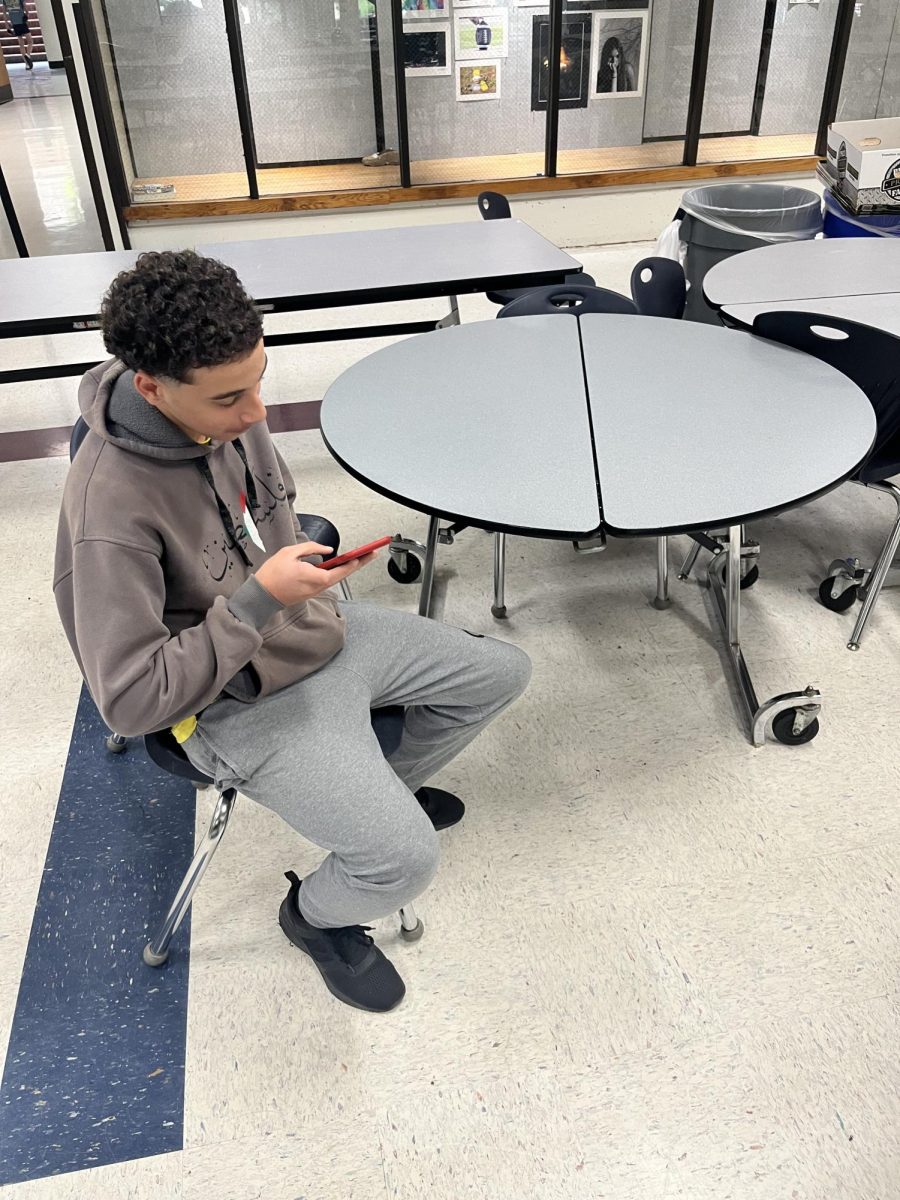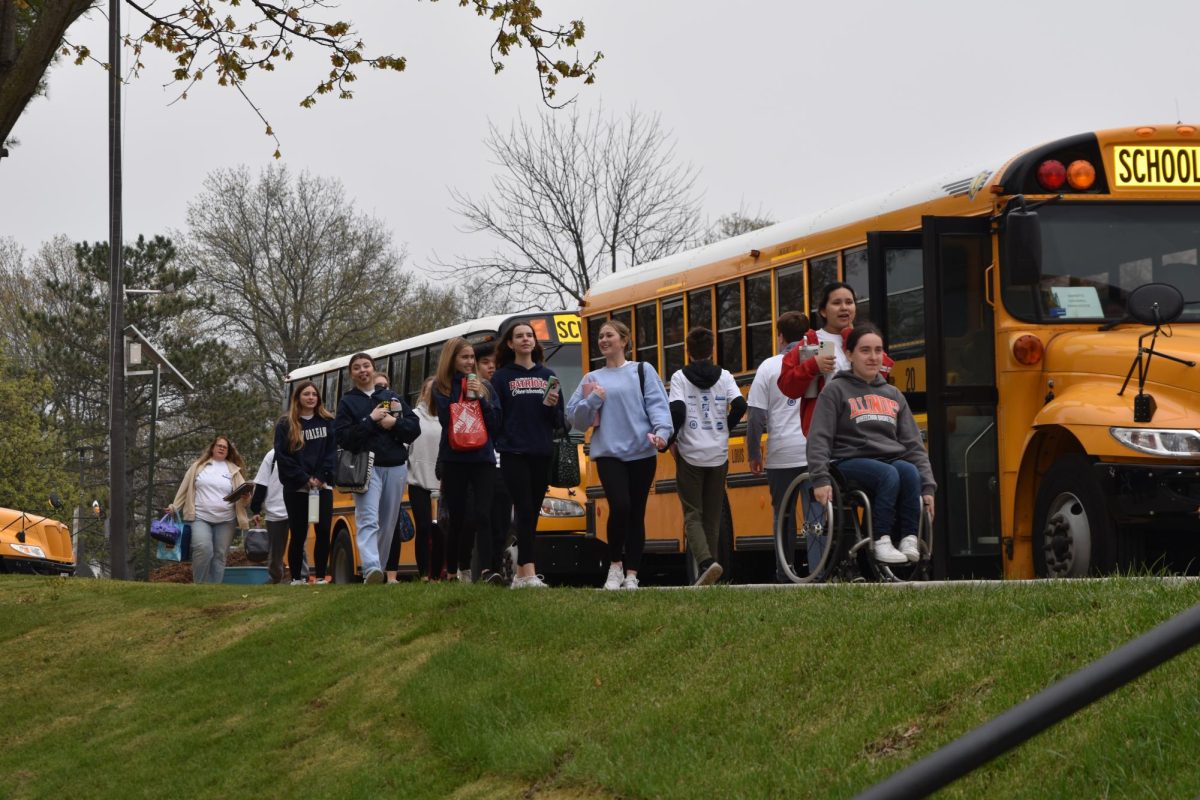
Picture this: It’s March 19 in Tallahassee, Florida, outside the state capital building. Marcy Rheintgen, a 20-year-old transgender college student, makes a statement that landed her in handcuffs.
What did she say? All she said was: “I am here to break the law.” Rheintgen would disobey capitol police warnings and enter the women’s restroom, wash her hands, pray the Rosary, then acquire a trespassing charge.
This wasn’t a spontaneous stunt: Rheintgen did this as a calculated act of protest against Florida’s 2023 “Safety in Public Spaces” Act. Violation of this act would lead to Rheintgen’s arrest, marking what civil rights lawyers believe to be the first instance of the enforcement of this controversial act.
The “Safety in Public Spaces” Act charges people with trespassing for using a public restroom that does not match the sex they were assigned at birth. This act is one of the first to implement criminal penalties.
Prior to this calculated act of civil disobedience Rheintgen had sent more than 160 letters to various federal officials including various state representatives, the Attorney General, and Florida governor Ron DeSantis. The letters were requesting to not be arrested for entering the bathroom that aligns with her gender identity instead of her sex at birth.
Capitol police had been alerted and were waiting for Rheintgen as she entered the building. She was warned that she would receive a trespassing warning once she had entered the women’s bathroom. She would later receive counts of trespassing after refusing to exit the bathroom. Rheintgen only intended to enter the bathroom to wash her hands and pray the Rosary. However, now she is facing a misdemeanor trespassing charge, and a possible 60-day sentence; Rheintgen is set to appear in court in May.
Since its passage, Florida’s “Safety in Public Spaces Act” has faced mounting criticism not only for its impact on transgender and nonbinary communities but also for its vague and unwieldy language. The legislation places odd and complicated restrictions on public bathrooms and changing facilities in public spaces like schools, libraries, state offices, state parks, and even some airports and sports arenas. While the act includes exceptions for maintenance workers, parents accompanying young children, and out-of-order restrooms, the law’s confusing language has made enforcement difficult.
This kind of legislation, controlling the bathroom use of transgender persons, isn’t only in Florida. 13 states have proposed similar laws relating to transgender bathroom use, including Missouri. The proposed Missouri “Parents’ Bill of Rights” would ban transgender students from utilizing the bathrooms that align with their gender identity. The “Parents’ Bill of Rights” would require school officials to notify parents if a child expresses signs of questioning their gender identity and prohibits teachers and other administrators from encouraging minor students to adopt another gender identity.
Although the “Parents’ Bill of Rights” hasn’t been enacted in Missouri; its proposal alone sparks a broader debate over who has the right to occupy public spaces. At its core, this debate isn’t really about bathrooms — it’s about an individual’s intrinsic right to autonomy and the freedom to exist as their authentic selves without fear of punishment. Whether it’s a college student praying the Rosary, or a teenager wandering the halls at school, these laws send a troubling message: it isn’t always safe to be yourself. This case forces the nation to reflect and ask itself whether or not these laws truly protect anyone.













!["I really like to be involved in things, even though I don't have much time to do anything. I try to involve myself in school as much as possible. When I get older I want to join the Air Force, but I have to do a lot of training [in order to do this] and you have to be able to do a lot of conditioning to get in. Managing my time is one of my biggest struggles, but there [are] a lot of things I want to do [so I make time] to do them. My biggest advice for someone who is having trouble managing their time is to pick the things you really love and stick with those things."](https://psouthtreaty.com/wp-content/uploads/2025/10/DSC_5081-843x1200.jpg)
